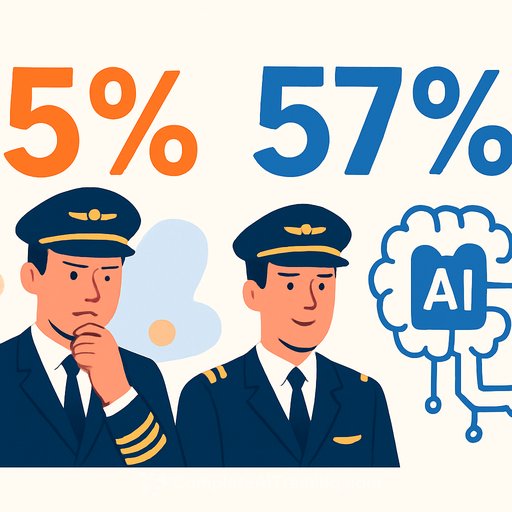Strategies for Effective Leadership in the Hybrid Workforce
As companies blend full-time employees with external consultants to boost innovation and agility, leaders face the challenge of creating unified teams from diverse groups. The hybrid model, amplified by the gig economy and remote work trends, offers specialized expertise on demand but requires careful management to maintain cohesion. With AI reshaping roles and hybrid setups becoming standard in 2025, executives must adapt strategies that align motivations, communication, and performance metrics across all team members.
Bridging Motivational Gaps
Building unity starts with recognizing what drives each group. Managers should customize incentives to match these drivers. For example, offering consultants equity-like bonuses or repeat engagement opportunities can create loyalty similar to career advancement paths provided to full-time employees.
Research from McKinsey on AI in the workplace shows that including consultants in AI-driven projects strengthens team resilience. However, this only works if leaders foster inclusive environments where knowledge flows both ways. Reports from business leaders highlight burnout risks when motivations clash—consultants often seek rapid skill-building, while veteran employees prefer strategic oversight.
Best practices include regular check-ins that mix operational updates with personal development talks. This approach helps consultants feel valued without risking overcommitment.
Navigating Communication Challenges
Communication breakdowns are a common issue in mixed teams, worsened by time zone differences and contractual boundaries. According to Albato’s analysis of 2025 team management trends, AI-powered collaboration tools can streamline interaction, enabling real-time feedback that keeps consultants engaged without overloading permanent staff.
Fostering psychological safety is also essential. A post on consulting team principles from StrategyU advocates for a non-hierarchical culture that encourages open dialogue. Leaders should establish clear protocols for knowledge sharing, such as joint brainstorming sessions, to reduce the “us versus them” mentality that can emerge when consultants join for short periods.
Overcoming Integration Hurdles
Integrating consultants into company culture without diluting it remains a key challenge. Insights from Forbes and other sources recommend embedding cultural onboarding for consultants from day one. Treating them as part of the team, rather than outsiders, boosts productivity and supports talent retention.
Consultants bring specialized skills that employees can learn from, adding value to the team. Virtual team-building activities also help bridge remote divides. For instance, TeamOut’s 2025 trends report finds that 20% of workers highly value hybrid flexibility when making job decisions.
Leaders should monitor for inequities, such as resentment from employees over consultants’ higher pay for similar tasks. Promoting transparency in role definitions helps maintain fairness.
Leveraging AI for Cohesion
AI tools can play a central role in managing mixed teams effectively. McKinsey’s 2025 report shows that while AI maturity is still developing in many firms, thoughtful deployment automates routine tasks and frees both employees and consultants to focus on high-impact work.
Strategies include AI-driven performance tracking that applies equitable metrics, avoiding bias toward any group. Industry leaders emphasize hiring AI-literate talent who can work across employee-consultant lines, keeping teams lean and agile. This approach reduces bureaucracy and improves overall performance.
Addressing Long-Term Sustainability
Maintaining high performance in hybrid teams requires ongoing assessment. Agile.org.uk recommends continuous feedback mechanisms like quarterly reviews that include consultant input. This helps refine strategies dynamically.
Challenges such as knowledge silos—where consultants leave with critical insights—can be addressed through contractual clauses requiring documentation and handover procedures. The most effective leaders view mixed teams as ecosystems, not hierarchies.
By using data analytics for team optimization, executives can anticipate trends such as rising demand for AI-specialized consultants. This proactive approach reduces risks and enhances output, positioning firms to succeed amid changing work dynamics.
Cultivating Future-Proof Leadership
The integration of employees and consultants will define competitive advantage going forward. Insights from technology leaders highlight how expertise in digital transformation supports smooth team blends.
Leaders should invest in their own development, including training on managing hybrid teams effectively. Embracing flexibility while upholding core values creates an environment where diverse talent thrives together.
As shared by experienced professionals, combining responsive talent strategies with business goals turns potential friction into synergy. Prioritizing empathy, technology, and adaptability enables managers to lead mixed teams toward lasting success, transforming diversity into a strategic asset.
Your membership also unlocks:






